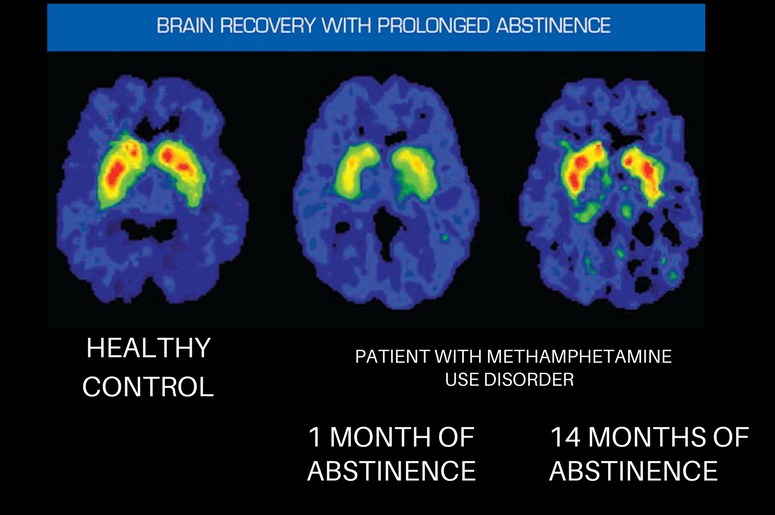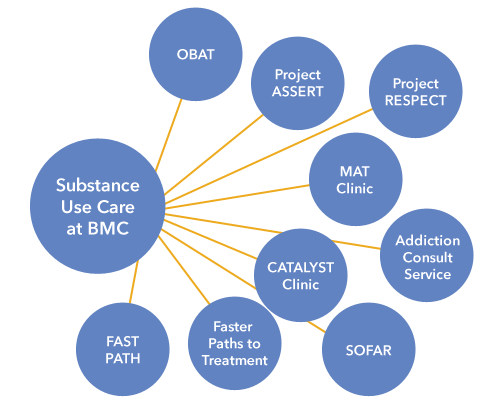Although there's no treatment for drug dependency, treatment alternatives explained below can help you get rid of a dependency and remain drug-free. Your treatment depends upon the drug utilized and any related medical or https://andrevevy146.shutterfly.com/74 mental health disorders you might have. Long-term follow-up is necessary to prevent regression. Treatment programs normally provide: Individual, group or household therapy sessions A concentrate on comprehending the nature of addiction, becoming drug-free and avoiding regression Levels of care and settings that differ depending upon your needs, such as outpatient, residential and inpatient programs The goal of detoxing, likewise called "detox" or withdrawal therapy, is to enable you to stop taking the addictive drug as quickly and safely as possible.
Others may need admission to a health center or a domestic treatment center. Withdrawal from different classifications of drugs such as depressants, stimulants or opioids produces different side results and needs various approaches. Detox may include gradually reducing the dosage of the drug or temporarily substituting other substances, such as methadone, buprenorphine, or a mix of buprenorphine and naloxone.
Naloxone momentarily reverses the impacts of opioid drugs. While naloxone has been on the market for several years, delivery systems such as Narcan (a naloxone nasal spray) and Evzio (a naloxone injection gadget) are now offered, though they can be extremely pricey. Click for info Evzio is a little injection device that provides voice guidelines to direct the user and automatically insert the needle into the thigh to deliver the naloxone injection.
As part of a drug treatment program, behavior therapy a type of psychiatric therapy can be done by a psychologist or psychiatrist, or you may get therapy from a certified alcohol and drug counselor. Treatment and therapy might be made with an individual, a family or a group. The therapist or counselor can: Assist you establish ways to handle your drug yearnings Suggest techniques to avoid drugs and avoid regression Deal suggestions on how to deal with a regression if it takes place Speak about issues concerning your task, legal problems, and relationships with friends and family Include household members to assist them develop better interaction abilities and be supportive Address other mental health conditions Lots of, though not all, self-help assistance groups utilize the 12-step design first established by Twelve step programs.
The self-help assistance group message is that dependency is a persistent disorder with a threat of regression. Self-help assistance groups can reduce the sense of pity and isolation that can cause relapse. Your therapist or certified therapist can assist you find a self-help support system. You may also find support system in your neighborhood or on the internet.
Rumored Buzz on How Sextual Addiction Treatment Fails When Working With Gay And Bisectual People
Knowing new coping skills and knowing where to discover assistance are necessary. Taking these actions can help: Drug dependency is connected to a number of problems that may be assisted with treatment or therapy, consisting of other underlying mental health issues or marriage or household problems. Seeing a psychiatrist, psychologist or licensed counselor might help you regain your peace of mind and heal your relationships.
Seek immediate treatment from a qualified mental health professional if you have any signs or signs of psychological health issues. Support system, such as Narcotics Anonymous or Twelve step programs, can be really reliable in handling dependency. Empathy, understanding and shared experiences can help you break your addiction and stay drug-free.
You can start by discussing your compound use with your main doctor, or request for a recommendation to a specialist in drug addiction, such as a certified alcohol and drug counselor, or a psychiatrist or psychologist. Take a relative or good friend along (which of the following has been examined as a possible treatment for smoking addiction?). Here's some information to help you prepare for your visit.
To get an accurate idea of which treatment might help, be honest with your physician or other psychological health expert. that you're taking, and the dosages. Tell the medical professional about any legal or illegal drugs you're utilizing. your medical professional or psychological health expert. Some questions to ask your doctor may include: What's the very best technique to my drug dependency? Should I see a psychiatrist or other psychological health professional? Will I require to go to the health center or hang out as an inpatient or outpatient at a recovery clinic? What are the alternatives to the main approach that you're suggesting? Are there any brochures or other printed product that I can have? What sites do you recommend? Do not be reluctant to ask other concerns during your appointment.
Be prepared to address them to reserve time to go over any points you wish to concentrate on. Your medical professional may ask: What drugs do you utilize? When did your drug use first start? How frequently do you utilize drugs? When you take a drug, just how much do you utilize? Do you ever feel that you might have a problem with drugs? Have you attempted to quit by yourself? What happened when you did? If you tried to stop, did you have withdrawal signs? Have any household members slammed your substance abuse? Are you prepared to get the treatment needed for your drug addiction? Oct.
The Ultimate Guide To Where To Ger Treatment For Meth Addiction
Drugs and Alcohol Can Pirate Your BrainPeople with dependency lose control over their actions. They crave and look for drugs, alcohol, or other substances no matter what the costeven at the danger of destructive relationships, injuring family, or losing jobs. What is it about addiction that makes people act in such destructive ways? And why is it so hard to quit? NIH-funded researchers are working to read more about the biology of addiction.

But even for those who've effectively stop, there's constantly a risk of the dependency returning, which is called relapse. The biological basis of dependency assists to explain why individuals need far more than great intentions or self-control to break their addictions. "A common misperception is that dependency is a choice or moral issue, and all you have to do is stop (what are the steps in drug treatment and recovery from addiction).

George Koob, director of NIH's National Institute on Alcoholic Abuse Click for more and Alcohol Addiction. "The brain in fact alters with dependency, and it takes a bargain of work to get it back to its regular state. The more drugs or alcohol you've taken, the more disruptive it is to the brain." Scientists have discovered that much of addiction's power depends on its ability to pirate and even ruin crucial brain areas that are implied to assist us make it through.
It does this by changing on brain circuits that make you feel wonderful, which then encourages you to duplicate those behaviors. On the other hand, when you remain in danger, a healthy brain presses your body to respond quickly with worry or alarm, so you'll get out of harm's way. If you're lured by something questionablelike eating ice cream before dinner or buying things you can't affordthe front regions of your brain can assist you choose if the repercussions deserve the actions.
Drugs or alcohol can pirate the pleasure/reward circuits in your brain and hook you into wanting increasingly more. Addiction can also send your emotional danger-sensing circuits into overdrive, making you feel anxious and stressed out when you're not using the drugs or alcohol. At this stage, individuals often use drugs or alcohol to avoid feeling bad rather than for their pleasurable effects.